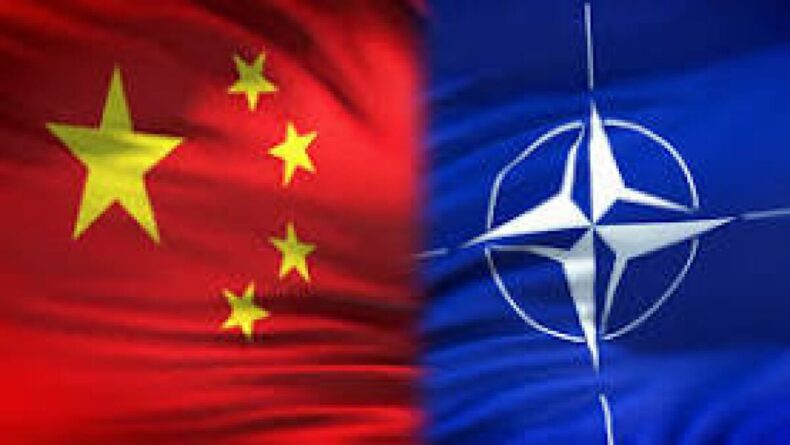Western companies heavily invested in China pose a challenge to decoupling efforts, overshadowing the agreement between Europe and the U.S. on China’s threat.
The increasing threat of China’s economic and political power has become a major concern for many countries, including the United States and Europe. Despite their differences, both regions share the same view on China’s threat to global security and the need for strategic decoupling from the country. However, the real challenge to decoupling from China may not be the Western governments but Western companies that have made significant investments in China.

Over the years, China has positioned itself as the world’s second-largest economy and a manufacturing hub. The country’s rapid economic growth has made it an attractive market for Western companies looking to expand their businesses and boost profits. However, as China’s political influence and global ambitions continue to grow, many Western companies are starting to question their presence in the country.

The Chinese government’s aggressive tactics, including intellectual property theft, unfair trade practices, and human rights violations, have raised red flags for many Western nations. As a result, Western governments have been implementing policies to counter China’s influence, such as trade tariffs and restrictions on Chinese investments.

Recently, France’s President Emmanuel Macron raised concerns about China’s growing influence in Africa and called for a more united European front against China. However, some experts believe that the real obstacle to decoupling from China is Western companies that have invested heavily in China and rely on the country for their supply chains.

Many multinational corporations have set up shops in China to take advantage of the country’s low labour costs, favourable tax policies, and large domestic market. However, these companies are now facing increased scrutiny from their home governments over their business practices in China. For instance, the United States government has blacklisted Chinese tech companies, such as Huawei, from doing business with American companies, citing national security concerns.

Furthermore, Western companies are also facing pressure from their consumers and shareholders to address the human rights violations in China, particularly in the Xinjiang region, where the Chinese government has been accused of committing genocide against the Uyghur Muslim minority.

The United States and Europe have been working together to address China’s threat to global security, including through the creation of a new global infrastructure plan to counter China’s Belt and Road Initiative. However, as long as Western companies remain heavily invested in China, decoupling from the country may prove challenging.

On the other hand, many Western companies are now exploring alternative supply chains and diversifying their operations away from China. Some companies are even considering relocating their manufacturing facilities to other countries, such as India and Vietnam.


While the United States and Europe may see eye-to-eye on China’s threat to global security, the real challenge to decoupling from the country may not be Western governments but Western companies heavily invested in China. However, as China’s aggressive tactics and human rights violations continue to draw scrutiny, more companies may be forced to rethink their presence in the country. As a result, countries like India may benefit from the growing trend of diversification away from China, providing new opportunities for investment and economic growth.












